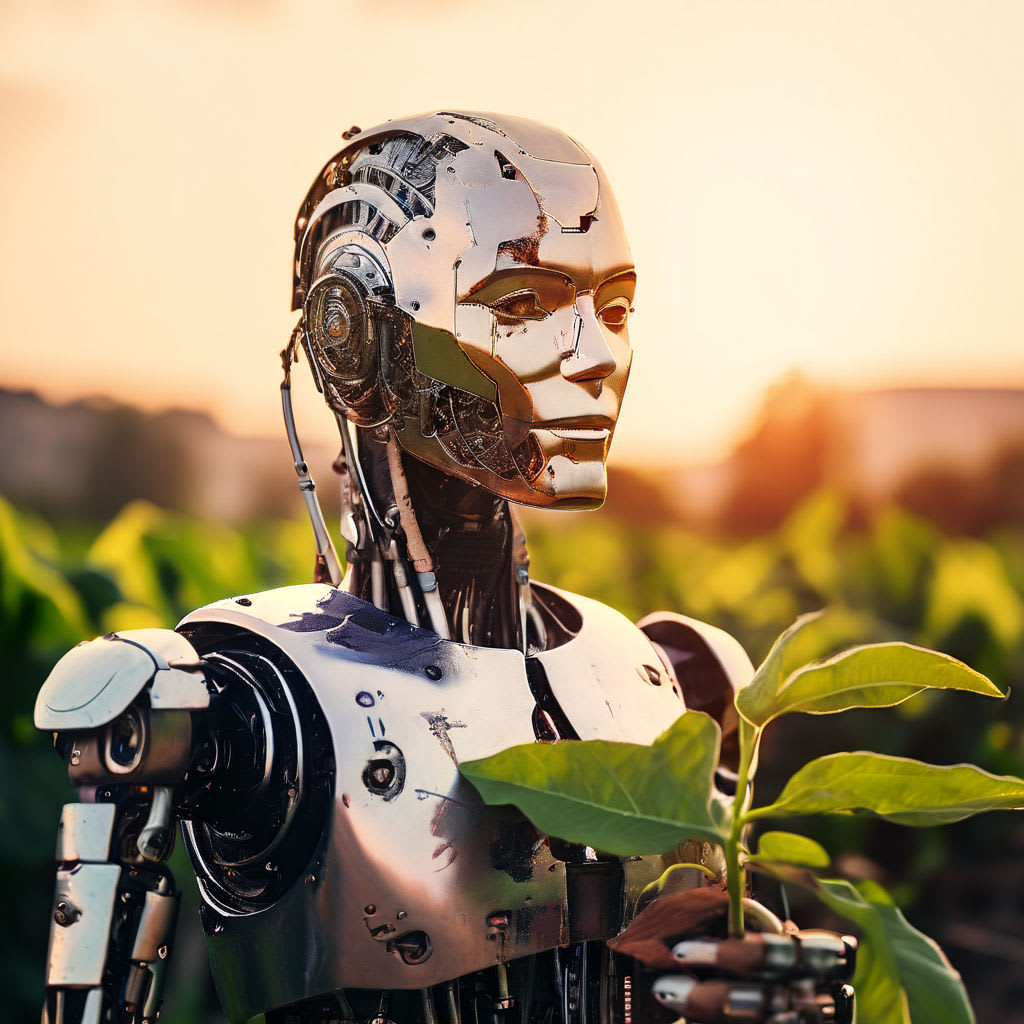AI - seed of Universal Basic Income
Fair use of the global treasure trove of information

AI tools, which many already use on a daily basis, make many tasks easier. These tools have become indispensable for a vast array of activities, from writing and research to data analysis and creative endeavors. The convenience and efficiency they offer are so significant that users are willing to buy subscriptions and pay for even more powerful and less restrictive AI services. This willingness to invest in advanced AI highlights the immense value these tools bring to personal and professional tasks. However, this widespread adoption of AI does not come without its challenges. While users gain better work tools and AI providers make substantial profits, representatives of various professions face significant upheaval. Jobs are lost, and incomes drop as AI becomes capable of performing tasks that once required human labor. This brings us to the AI development dilemma, a complex issue that requires careful consideration.
The most commonly used conversational AI models are the Large Language Models (LLMs). These models are based on neural networks, which are inspired by the biological neural networks of the human brain. Neural networks can, in some contexts, be thought of as data compression means. The raw data provided to the model is compressed into the latent space in the encoder part of the neural network, where it is distilled into a compact representation. The decoder part of the neural network then reconstructs the input data from this latent space, generating outputs that are often astonishingly accurate and coherent. This process enables AI to handle vast amounts of information and generate human-like responses, making it a powerful tool for a variety of applications.
Books, photos, videos, and internet content constitute a treasure trove of information generated by billions of people over many generations. This vast repository of knowledge has been built up through the collective efforts of humanity, and it serves as the foundation for much of our progress. When a person accesses this information, they can use it to perform work that is valuable to society, earning money and contributing to the common good. However, the human brain, with its biological neural networks, has a finite capacity for storing and processing information. This limitation means that an individual cannot simultaneously be a neurosurgeon, a rocket scientist, and a polyglot fluent in 20 languages. Each person must specialize and focus on a limited number of fields.
AI models, on the other hand, have no such limitation. By expanding the computing hardware that runs the AI model, it is possible to scale up artificial neural networks to accommodate the collective knowledge of all humanity across all generations. These models can ingest and process information on an unprecedented scale, making them incredibly versatile and powerful. This capability allows AI to perform a wide range of tasks, from highly technical scientific research to creative writing and beyond, often with remarkable proficiency.
Each person can store a similar amount of knowledge in their brain and, thanks to this knowledge, receive a certain reward from society for the work they perform. This exchange is seen as a fair use of the universal treasure trove of information, as individuals contribute their skills and expertise in return for compensation. However, AI models use a vastly greater amount of knowledge than any single person can, and the revenue generated from their use is concentrated in the hands of a small group of AI service providers. This concentration of wealth and resources raises questions about the fairness and equity of such an arrangement. It seems that the benefits of AI, derived from the collective knowledge of humanity, should be shared more broadly.
From this perspective, it seems that the profits generated by AI companies should be distributed among all of humanity. This idea aligns with the concept of Universal Basic Income (UBI), where everyone receives a regular, unconditional sum of money to cover basic living expenses. Could AI, with its vast capabilities and economic impact, become the seed for UBI? By redistributing a portion of the profits from AI companies, society could ensure that everyone benefits from the advancements in technology, mitigating the negative impacts on employment and income inequality. This approach could create a more balanced and just system, where the fruits of technological progress are shared by all.
About the Creator
Enjoyed the story? Support the Creator.
Subscribe for free to receive all their stories in your feed. You could also pledge your support or give them a one-off tip, letting them know you appreciate their work.






Comments (1)
Write more stories like this